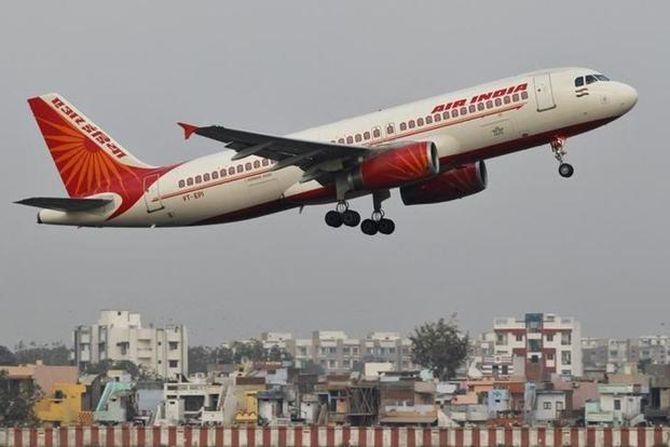Air India set to receive new aircraft every six days in next 18 months: CEO Campbell Wilson
Air India has ordered 470 aircraft to serve the Indian economy and is set to receive a new aircraft every six days over the next 18 months, CEO and MD Campbell Wilson said on Friday.
He was speaking at the 67th Assembly of Presidents of the Association of Asia Pacific Airlines here.
“We have new aircraft, we are recruiting many, many new crew and staff, improving the training regime and there is more work to do and we are making good progress,” he said.
Speaking at a session, Wilson said a vast majority of Air India customers want reliability and punctuality, and the challenge is to satisfy customers’ requirements.
Moreover, new aircraft are being put on international flights and most of the grounded planes have been restored, Wilson added.
Tata-owned Air India has ordered 470 aircraft to serve the Indian economy which is growing at a compound annual growth rate (CAGR) of 8 per cent and it is set to receive a new aircraft every six days over the next 18 months, he said.
He also exuded confidence of competing with other airlines and increasing traffic for Air India.
Current air travel demand in India is 20 per cent above 2019 levels as India reopened sooner, according to Subash Menon, director general of Association of Asia Pacific Airlines.
As the region’s borders reopened after the rest of the world, Asia Pacific air travel recovery at 69 per cent, trails other regions, for the year to September, he said.
But growth is still dramatic. Asia Pacific passenger traffic increased 171 per cent over the same period in 2022, while capacity growth was slower by 130 per cent.
As air travel recovered later in Asia than other regions, many Asian airlines could not resume services to Europe to use slots as required by the EU, he added.
The loss of these slots affects connectivity between the two regions.
International air transport exists under a shared framework of rules and norms at International Civil Aviation Organization (ICAO).
Any unilateral departure from this framework, detracts from its pillars, namely safety, sustainability, security and cross-border mobility, he said.
Source: Read Full Article
